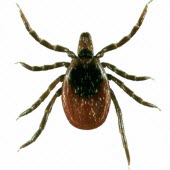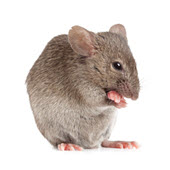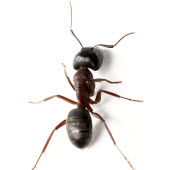Ensuring that children don't get Lyme Disease in their own backyard
Our Guarantee: Nature is unpredictable. For our customers on seasonal contracts, if at any time between your regularly scheduled
Tick and Mosquito service you have any problems with these pests, simply give us a call and we will treat your backyard free of charge.
Backyard Bug Patrol was established in Great Falls, Virginia in 2010 not too far from the Great Falls Village. The Mitchell family originally moved to Great Falls in 2001 where their kids went to Great Falls Elementary School and Cooper Middle School in McLean. The Mitchells were very active in Great Falls soccer and basketball. We value the community, know our neighbors, and strive to provide first-class pest control services to the Great Falls community. Please ask us how we can help with your Great Falls pest control needs.








